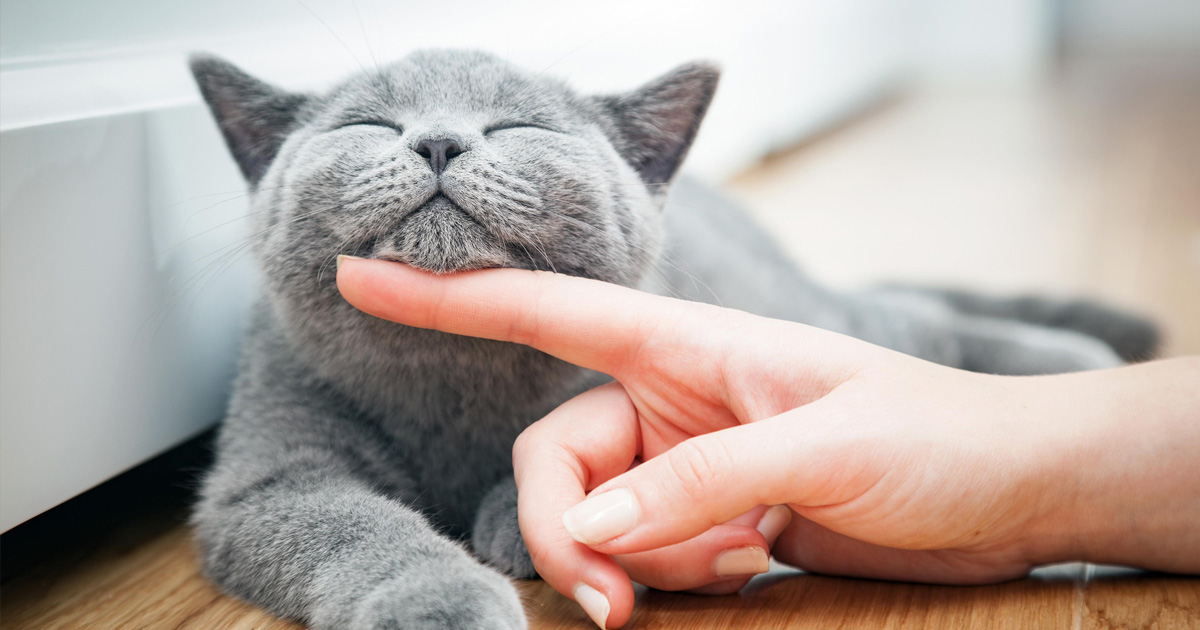Preventative Care for Cats

Your cat has never stepped foot outside, and high tech air filters purify your home environment far beyond NASA’s standards. Your cat’s diet is more nutritious than the food they serve at the deli down the street, and it’s hard to walk through your house without stepping on an ergonomic cat bed or scratching post. There are so many cat toys and puzzles it’s more likely he’ll develop a new quantum theory than get bored while you’re at work. So how could your cat possibly need biannual preventative care when he lives in the equivalent of a padded utopia? For several important reasons.
Early Detection of Diseases
It’s easy to see that something is wrong when your cat won’t eat and you find diarrhea all over your pillow. But many cat health issues aren’t always this obvious, and since cats can’t exactly look at you and say, “mom, my stomach really, really hurts”, a biannual check up is the best way to catch and treat diseases early – before they become major health problems. During a biannual preventative care visit, we evaluate your cat from nose to tail, carefully examining his eyes, ears, mouth, paws, and muscular and skeletal systems. And remember that cats age faster than humans do, so waiting a year or longer between exams – the equivalent of 4-9 human years – makes preventative care for cats much less effective.
Internal Parasite and Heartworm Prevention for Cats
Between summer cookouts, yard work, and play dates, your back door opens more often than an airplane lavatory. It’s possible, even likely, that a mosquito or two could breach your sterile indoor environment, which means even your indoor cat is vulnerable to heartworm. Since there is no approved treatment for feline heartworm, prevention is especially important, and during preventative care visits, our staff can help select the best heartworm preventative for your cat. A fecal test helps find other parasites including roundworm, and whipworm, hookworm, which can also be transmitted to humans. Yikes.
Blood Work
You might think of blood work as s sort of ‘placement test’, that gives accuracy to future tests and medical diagnoses – only she won’t have to use a #2 pencil to fill in a, b, c, or d. Blood work performed during preventative care visits helps us monitor changes, and follow trends, which often allows us to detect and cure disease earlier, and provide a better long-term prognosis and quality of life.
Feline Vaccinations
Every day, from the cool safety of his comfortable perch in front of the living room window, your cat takes in the scene of suburban danger outside; Traffic. Mosquitoes. Stray dogs and cats. Vacuum salesmen. But the boy in the bubble spent more time outdoors than your cat, so how could she possibly need rabies, feline leukemia, and bordetella vaccines? And it’s been years since she hung out with Charlie Sheen’s cat, so the feline immunodeficiency virus vaccine is an even bigger waste of money. But what if during your sabbatical in Tibet, your normally reliable cat sitter accidentally lets kitty slip outside, then abruptly decides to join the Hell’s Angels? Your sitter will discover the freedom of the open road from the back of a Harley, and kitty will have plenty of time to discover the freedom of the outdoors too. Anything can happen. Vaccinating your cat is the best way to protect her from these potential dangers, however remote they are for a pet that lives inside.